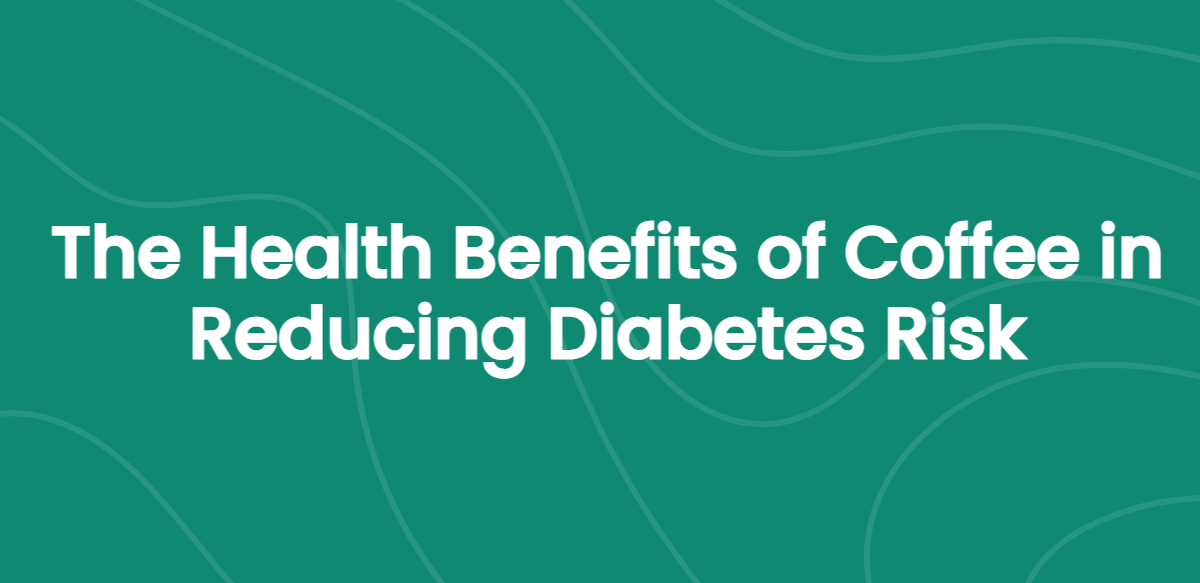Coffee and Your Mental Health: Can it Boost Your Mood and Productivity?
Coffee has become a staple in many people's lives, especially for those who need a quick boost of energy to get through the day. However, coffee's benefits go beyond just providing a jolt of caffeine. Research suggests that coffee can also have positive effects on mental health, including boosting mood and productivity.
Caffeine, the main acingredient in coffee, is a stimulant affectinghe central nervous system. It can improve alertness, concentration, and memory, all of which can have positive impacts on mood and productivity. Studies have also shown that caffeine can help reduce the risk of depression and may even have a protective effect against the development of Alzheimer's disease.
However, it's important to note that the effects of caffeine can vary depending on the individual. Some people may be more sensitive to its effects and experience negative side effects such as anxiety or insomnia. It's also possible to build up a tolerance to caffeine over time, which can lead to decreased effectiveness and withdrawal symptoms if consumption is suddenly reduced.
Beyond caffeine, coffee contains a variety of antioxidants and other compounds that may have beneficial effects on mental health. For example, studies have shown that coffee consumption is associated with a reduced risk of developing Parkinson's disease, which is characterized by the degeneration of dopamine-producing neurons in the brain. Other studies have suggested that coffee consumption may be linked to a reduced risk of developing certain types of cancer.
However, it's important to keep in mind that coffee is not a cure-all for mental health issues. While it may have some benefits, it should not be used as a substitute for professional treatment for conditions such as depression or anxiety. Additionally, excessive caffeine consumption can have negative effects on physical health, including increased heart rate and blood pressure.
To maximize the potential benefits of coffee for mental health, it's important to consume it in moderation and be mindful of individual sensitivity to caffeine. Drinking coffee earlier in the day and avoiding consumption in the late afternoon or evening can help prevent disruptions to sleep patterns. Additionally, opting for lower caffeine or decaffeinated coffee can help reduce the risk of negative side effects.
Coffee can have positive effects on mental health, including boosting mood and productivity. However, it's important to consume it in moderation and be mindful of individual sensitivity to caffeine. While coffee can be a helpful tool in promoting mental well-being, it should not be used as a substitute for professional treatment or healthy lifestyle practices.


















